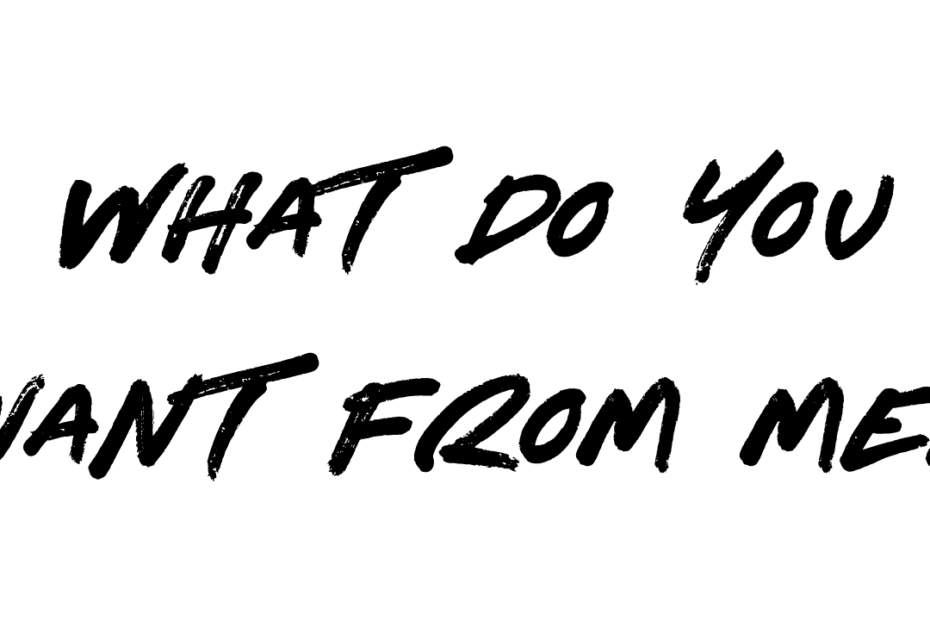In general? Four things. And they apply to more than just strategy.
Maybe you’ve seen the acronym WIIFM, or What’s in it for me?
I’ve thrown this out to my students before, as if they are all astute and worldly enough to have or know the answer.
Some will, most don’t.
It’s an unfair thing to assume most folks can address.
In part, because what we want – desire – or need is complex.
Let me offer there are two considerations.
We want functionality. We have a job to be done (JTBD), and the thing – whatever it is – should be able to do what we expect it should.
I used to ask my student what their customers wanted from them.
The first answer was typically functional.
“They want transportation.”
Ok.
Then I’d ask them to dig deeper.
That’s when they’d discover (or we’d introduce) ‘jobs to be done’ or JTBD.
That’s when I’d get more detailed answers.
“They need to get to work.”
“They need to get the kids to school.”
Great, these are really good answers.
But why again, and I’d get the much more nuanced answers.
“They need to get to work *in comfort*.”
“They need to get the kids to school *safely*.”
However, we also want something more subtle. We want to enhance our human experience. We want to know what you bring to the table, in addition to solving the functional problem.
And we want to know from our customers… What do you want from me?
Simple, right?
Ok… not at all, but here are four things people – pretty universally – desire. Complex as they may be.
- Self-comfort. Our brain carries a lot, and creates itches we have to scratch. Curiosity, sure. But also controlling the uncontrollable. Time. Trust. The unknown. The tension of a great story. We want answers. We seek to understand. And – in that understanding – we scratch that itch. We comfort ourselves.
- Finding our place. We need other people. A tribe. Community. Belonging. To go deeper with our human interactions. To feel useful. To build communal trust through transparency and lessened collateral damage.
- More, faster, cheaper. To be human is to consume. “Greed is good.” And if we can get more for less? All the much better. Lower prices. More choices. The convenience of faster solutions to our problems. We want to acquire and possess as much as possible.
- Status and procreation. Vanity. Being a viable mate. Being an attractive partner. Being recognized. Being respected. Power. Increasing social status. Rivalry. Seeing the “other guy” lose.
Needless to say, these could be used for good or evil.
Self-comfort is trickly. I could maximize this human desire using fear, and promoting my singular solution as the only way to alleviate that threat.
I could leverage my tribe to convince you they are yours. I love Matthew Carnahan’s phrase, “We can always just overwhelm the Vagus Nerve with another sensation.”
I could offer you all the answers. Today. For a reasonable price. Then offer more.
I could offer you an opportunity to move up in status.
And, if I did all this, I’d be a cult leader. That’s unethical and immoral.
But I could, in a careful and caring – and ethical – way use these desires to help you solve your practical, functional problems.
And that is a fair thing to share openly with you. And trust you will use to our mutual best interest.
Your turn.
Now go spark that revolution.
